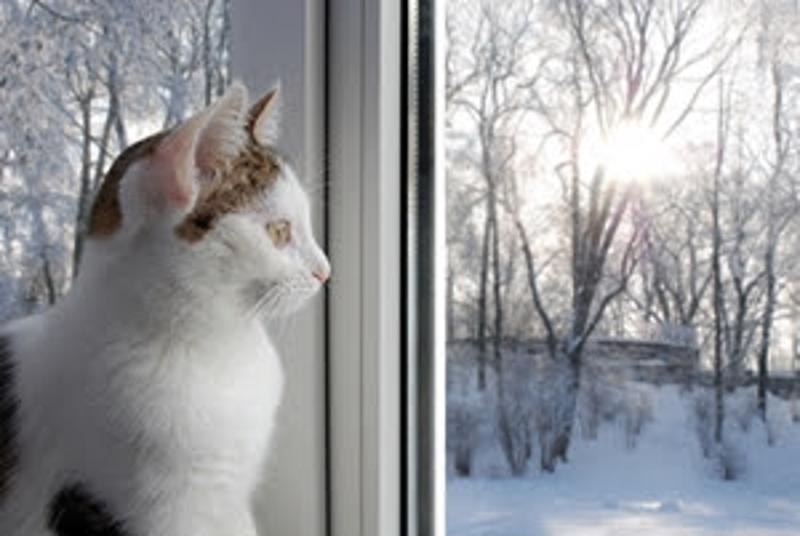
There are a number of factors for family members to consider when searching for assisted living communities. Children of seniors need to consider the cost, location, and amenities provided before moving their loved ones—no matter the length of their time.
Today, assisted living communities are more commonly hosting non-human residents in the form of pets. Whether it’s an in-house dog or cat or enabling seniors to bring their own furry friends, these animals are extremely helpful to parents and grandparents – especially when making a living transition. Here are some of the benefits of pets for seniors:
“Pets provide comfort and a distraction for loved ones.”
Stress Relief Aids in Comfort
It can be challenging for independent seniors to make the move to an assisted living community. The change may cause loved ones to feel stressed, resulting in the unwillingness to try activities within the community or interact with their fellow residents. Pets can help with this feeling of being overwhelmed, as they provide a sense of comfort and distraction to family members. Animals can help loved ones feel more at home and give seniors something to look forward to on a daily basis. Wanting to be around community pets will slowly get loved ones out of their shell.
Find Senior Living Near Me
A Sense of Responsibility Yields Exercise
For seniors, having a routine is important in keeping their minds sharp. Since transitioning into an assisted living community will come with differences, caring for a pet enables loved ones to maintain some semblance of their previous life. The responsibility that comes with caring for a living creature will keep family members alert, give them a reason to exercise regularly, and improve their happiness over time.
Companionship Opens Many Doors
If family members have recently lost a loved one, like a spouse, a pet can give them the sense of companionship they need during their difficult time. As a result, loved ones who take their furry friends to an assisted living community may soon find other friends. It’s difficult not to be attracted to animals. Fellow residents may see parents and grandparents with their pets and initiate conversation. These interactions could lead to puppy playdates if both seniors have an animal or a shared interest that can bond people in their new home.

A Mutual New Beginning
Usually, family members won’t purchase a puppy for their older loved ones. Instead, adopting middle-aged or senior dogs is more of a common occurrence since these animals tend to be more mellow and require lower maintenance and activity. Parents and grandparents who move to an assisted living community will experience a new beginning, as will their pets. Some of these animals were rescued from shelters where their future was in the air. Together, loved ones and their animals can thrive in their new location and help each other through the process.
Animal Fondness Revives Memories
We often associate memories with one of the five senses. When we smell turkey, it reminds us of that one Thanksgiving when it snowed. When we see a particular photograph, it brings back our wedding day. Pets can have this same effect on older loved ones, who have fond recollections of their experiences with animals. Interacting with furry friends can aid seniors in accessing moments in their past they may not have thought about in quite a while.
While pets offer seniors in assisted living communities – and those living at home – a number of mental, physical, and emotional benefits, it’s important for family members to remember that each loved one’s ability to care for an animal differs. If your parent or grandparent is making a living transition and has a beloved pet, be sure his or her new community allows animals on the premises. If not, seek a location that offers furry companions for its residents; loved ones won’t be disappointed.




